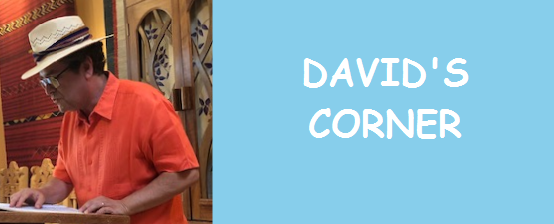
Genesis
Thinking about Genesis this week, has led me to ask five essential questions about the mystery of HaShem and his/her role in creation.
Does HaShem ever wonder who HaShem is?
This may sound like a flippant question, but it really isn’t. As human beings we’ve been granted the gift of consciousness. With that gift we question ourselves and try to figure out who we are. Is it too much to wonder if HaShem’s consciousness also encompasses self-searching?
Being the only one, does HaShem ever get lonely?
The universe is something to behold, but if you are insisting on being the unique, only God and refuse to have anything to do with with other Gods, with whom exactly do you speak? (Supposedly HaShem hasn’t spoken directly to a human being face to face since Moses.)
For HaShem, is his/her creation a work in progress?
As humans, we have come to see creation as constant evolution and a winding forward of natural processes. Does HaShem stand outside nature and direct those processes or does HaShem participate directly in the processes? Also, does HaShem even consider progress as his/her intention or is HaShem’s intention merely experimentation?
How did HaShem’s creation get started from nothingness?
There have been lots of cosmologists over time, but the mystery remains. The current view seems to suggest there was a “big bang.” Maybe that was like a megaton alarm clock that woke HaShem up. Of course, it’s tempting to also think that HaShem set the alarm his/herself.
What does HaShem do on HaShem’s day of rest?
Mystery of mysteries: does HaShem, like us, have trouble resisting the temptation to work? For fun, does he/she enjoy Marx Brothers films?
Let me know what you think: drosett676@gmail.com



